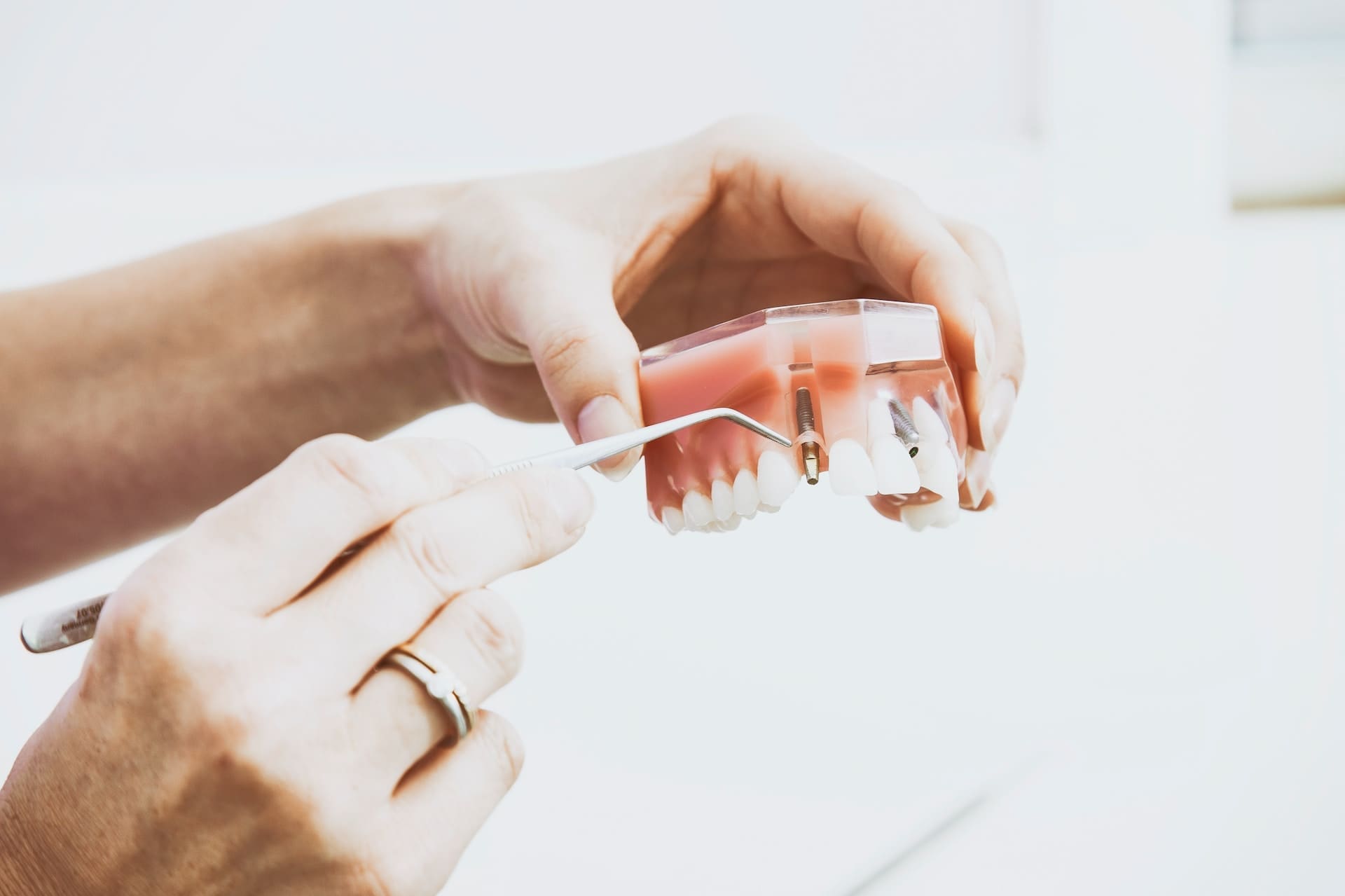Your smile plays a significant role in your confidence and overall well-being. When you have missing or damaged teeth, it may cause difficulties with speech and chewing and even impact your overall dental health. Replacing damaged teeth can help you regain that confidence and ensure better dental health. Dental implants are among the most effective and popular methods to replace damaged teeth. Our Dental office in Boston, MA, offers this advanced treatment that provides numerous benefits to our patients.
In this article, we will explore dental implants in-depth, covering the advantages, the procedure, and aftercare tips to ensure the success and longevity of your new teeth. Whether you are considering dental implants or are already scheduled for the procedure, this information will guide you, making you feel more comfortable and informed about the entire process. At Mass Dental Associates, we believe that our patients deserve only the best dental care and precise knowledge about their treatment options.
Dental implants are a revolutionary tooth replacement method that has changed the landscape of restorative dentistry. Unlike dentures or bridges, dental implants are a more permanent, durable, and natural-looking solution for replacing missing teeth. They are surgically placed into your jawbone, where they serve as an anchor to mimic the tooth’s natural root. The implant is then topped with a custom-made crown designed to match the shape, size, and color of your existing teeth, resulting in a comfortable and natural-looking smile.
Many patients who have chosen dental implants have experienced an improved quality of life and restored confidence in their smiles. Our team of skilled and experienced dentists in Boston, MA, is committed to providing the highest quality dental care and ensuring you receive the benefits of this advanced treatment. Continue reading to learn more about dental implants and discover whether they are the perfect solution for you.
The Advantages of Choosing Dental Implants
There are several reasons why dental implants are a preferred solution for tooth replacement. Some benefits include the following:
1. Natural Appearance: Dental implants are designed to blend seamlessly with your existing teeth, resulting in a natural-looking smile. The custom-made crowns ensure that the shape, size, and color of your new teeth match the rest of your teeth.
2. Improved Functionality: Unlike dentures, dental implants are permanently fixed in your mouth, allowing you to speak, eat, and smile with ease. This increased stability ensures you can enjoy life without worrying about your teeth slipping or coming loose.
3. Durability and Longevity: Dental implants are incredibly strong and long-lasting and made from biocompatible materials like titanium. With proper care, dental implants can last for decades, making them a wise long-term investment in your oral health.
4. Preservation of Bone and Facial Structure: Losing a tooth can cause bone resorption, leading to a decrease in bone density and changes in facial structure. Dental implants stimulate the jawbone, just like natural tooth roots, reducing bone resorption and helping to maintain a healthy and youthful facial appearance.
Understanding the Dental Implant Procedure
Dental implants require a multi-step process that spans over several months. Here’s a breakdown of the procedure:
1. Initial Consultation: During your first visit, our skilled dentists will assess your eligibility for dental implants. They will evaluate your medical history, take X-rays, and create a treatment plan tailored to your specific needs.
2. Tooth Extraction and Bone Grafting: If necessary, your damaged tooth will be extracted, and any required bone grafting will take place. Bone grafting is sometimes necessary if the jawbone lacks the necessary strength or density to support the implant. This will require some time for healing, usually around three to six months.
3. Implant Placement: Once the extraction site (or bone graft) is healed, the implant is surgically placed in the jawbone. This procedure is performed under local anesthesia, ensuring your comfort throughout the process.
4. Osseointegration: This phase refers to the time it takes for the implant to fuse with the jawbone, forming a secure and solid foundation for the crown. This typically takes three to six months, depending on individual healing response.
5. Abutment Placement and Crown Attachment: After osseointegration is complete, the abutment is fixed onto the implant. This piece connects the implant to the final dental prosthesis. After taking an impression of your teeth, a custom-made crown is designed and later attached to the abutment, completing the procedure.
Caring for Your Dental Implants
Proper care for your dental implants is essential to ensure their long-term success. Implement these best practices in your oral hygiene routine:
1. Brush and Floss Regularly: Keep your dental implants clean by brushing twice a day and flossing daily. Use a soft-bristle toothbrush and non-abrasive toothpaste to prevent scratching the implant’s surface.
2. Visit Your Dentist for Routine Checkups: Schedule regular dental checkups and cleanings to monitor the health of your dental implants and ensure your gums and natural teeth are also in good condition.
3. Avoid Smoking: Smoking can slow down healing, hinder osseointegration, and increase the risk of implant failure. Eliminate this habit for a healthier smile and successful implant procedure.
4. Be Cautious with Hard Foods: While dental implants are durable, they can still be damaged by grinding or biting down on hard objects. Exercise caution when eating foods like ice, hard candies, or popcorn kernels.
Is Dental Implant Treatment Right for You?
Dental implants can be an ideal solution for a wide range of patients. However, they may not be suitable for everyone. Factors that can affect your eligibility for dental implants include the following:
- Insufficient bone density or volume
- Uncontrolled chronic health conditions such as diabetes
- Active periodontal (gum) disease
- A history of heavy smoking
Suppose any of these factors apply to you. In that case, our dental professionals will support you in developing a personal treatment plan that may involve alternative tooth replacement options or additional procedures to prepare your mouth for dental implants.
Conclusion
Dental implants are a popular, effective, and permanent solution for replacing damaged or missing teeth. They provide numerous benefits, including a natural appearance, improved functionality, durability, longevity, and preservation of bone and facial structure. The procedure involves several steps, from initial consultation to implant placement, abutment attachment, and crown connection. Caring for your dental implants is crucial for their long-term success, involving regular brushing and flossing, routine checkups, avoiding smoking, and being cautious with hard foods. While dental implants may not be suitable for everyone, our dental office in Boston, MA, provides personalized treatment plans to ensure our patients receive the best dental care and achieve their desired smile.
Our team at Mass Dental Associates in Boston is dedicated to providing the highest quality dental care for all our patients. If you think dental implants might be right for you, schedule a consultation with our skilled dentists to discuss your unique needs. Get started on the path toward the smile you’ve always dreamed of!


